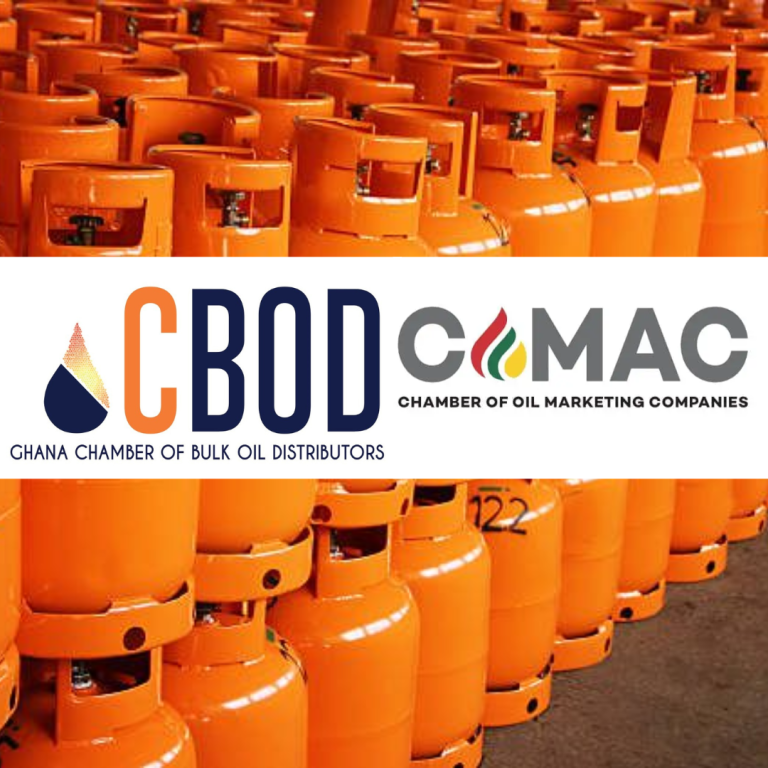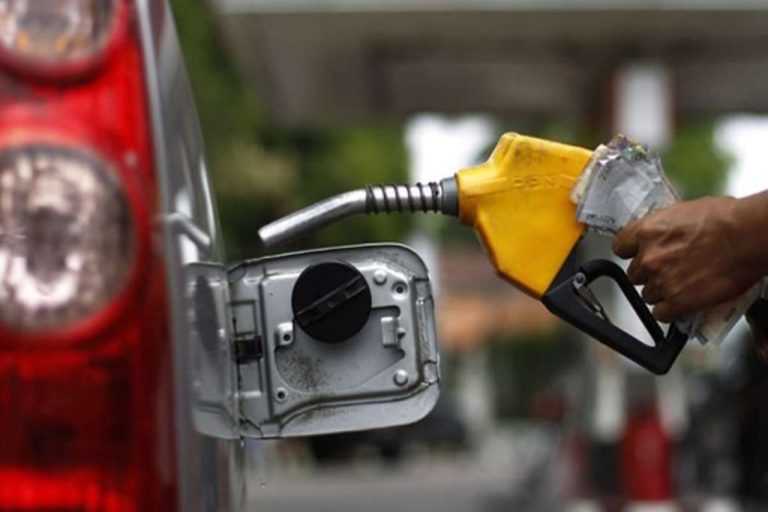Technology entrepreneur Karim Brahiti sees opportunities springing from the biggest threat Algeria’s economy has faced in decades.
“The plunge in oil prices is a necessary evil that will force us to get out of our comfort zone and find alternatives,” said the 36-year-old Brahiti, now investing back home after years spent scouring for contracts in sub-Saharan Africa countries. “The misfortune of some makes for the happiness of others.”
For as long as petrostates like Algeria were able to stash away oil and gas revenue with only half an eye on when reserves run dry or prices fall, voices like Brahiti’s hardly registered. Yet as $40 oil brings slumping revenues, austerity, rising discontent and expanding debt, officials are stepping up efforts to diversify the economy.
Encouraged by new legislation easing laws on purchasing firms or finding commercial property, Brahiti has applied for a 99-year lease on land in one of two emerging cyber hubs in Algiers. While regulations guaranteeing majority-Algerian ownership of corporations are still on the books, the government is also allowing foreigners a greater say in management and unveiling tax incentives that aim to encourage domestic manufacturing.
Libya Border
At stake is political stability for a regime founded since the end of French rule on the three-pronged power of an elected government, the army and the intelligence agencies. Expensive subsidies on food and fuel have helped keep stability while turmoil has deepened across North Africa and the Middle East. Algeria shares a long desert border with conflict-roiled Libya.
“There is no going back,” says Prime Minster Abdelmalek Sellal amid skepticism from some economists that the government really intends to get to grips with Algeria’s oil obsession. “We will help all investors.”
Abdelhak Lamiri, the Algiers-based author of “The Decade of the Last Chance,” which plots possible routes out of oil-dependency, says Algeria has 700,000 companies but needs 2.5 million.
“The government is certainly doing better than it has in the past,” he said in an interview. “But will it be enough to have a strong economy that will enable us the same level of living that we had with expensive oil? For the moment, I doubt it.”
Guard Change
There’s hardly a major energy producer that hasn’t outlined plans to diversify oil-dependent economies, but Algeria’s troubles go deeper. President Abdelaziz Bouteflika, 79, is ailing and hasn’t been seen public since winning a fourth term in April 2014. His appearances on local television meeting foreign dignitaries have done little to douse speculation of a slowly evolving and unpredictable changing of the guard at a time when Islamic militancy is deepening insecurity across the region.
Meanwhile, income from fossil-fuel exports, responsible for nearly 60 percent of Algeria’s economy, has fallen by nearly half. A $4.3 billion trade surplus in 2014 gave way to a $13.7 billion deficit last year.
The oil slump has been “like an electric shock,” said Abderrazak Chibani, who set up a communications company called K Media in 2006. “When oil was expensive, Algerians, especially the younger generation, forgot what it was like to work. The state distributed money counting on it to keep the peace.”
The World Bank has listed Algerian failings that set back its private sector: Time-consuming procedures and a lack of access to credit that has all too often forced businesses to turn to family and friends for funding. Private enterprise generates only 10 percent of the overall economy.
Mother’s Loan
In the longer term, only a surge in investment in education and a coherent national strategy will lift Algeria’s non-oil economy, create jobs for a youthful population and ease regional disparities that could become security flash-points, says Lamiri, the author and economist. More than 270,000 Algerians with post-degree qualifications have left the country since the 1990s, a decade of civil war, according to a study last year by the Ministry of Higher Education.
Brahiti founded his first company aged 19 with $500 borrowed from his mother before setting up LVSC Mediterranee in 2007. The Algiers-based firm has secured contracts abroad, including one to modernize garbage collection with a local partner in Lagos. It employs 30 people with an annual turnover of $1.5 million.
“We could have grown more quickly if the business environment in Algeria had been more flexible and encouraging,” he said.
–
Bloomberg





